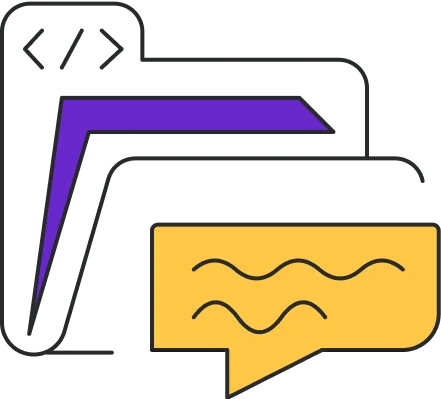Services We Offer
NCV
Nerve Conduction Velocity Test (NCV). This is used to diagnose nerve injuries of the cervical or lumber spine causing radiating pain to the upper and lower extremities.
Learn More About
The Nerve Conduction Velocity Test (NCV)
The Nerve Conduction Velocity Test, or NCV, is a diagnostic procedure used to evaluate nerve function in patients with suspected nerve injuries. The test is particularly useful in cases where patients experience radiating pain in their upper or lower extremities, which may be caused by nerve damage in the cervical or lumbar spine.
The NCV test measures the speed at which electrical impulses travel through nerves in the body. During the test, small electrodes are placed on the skin over the nerve being evaluated. A low-level electrical current is then applied to the electrode, which stimulates the nerve and creates an electrical signal. The signal is recorded by a computer, which calculates the speed at which the electrical impulses travel through the nerve.
The NCV test is a quick and non-invasive procedure that can be performed in a doctor’s office or at a hospital. The patient may experience a mild tingling or twitching sensation during the test, but the procedure is generally painless.
The results of the NCV test can provide valuable information about the extent and location of nerve damage in the body. If the test shows that nerve conduction is slower than normal, it may indicate that the nerve is damaged or compressed. This information can help doctors make an accurate diagnosis and develop an appropriate treatment plan.
The NCV test is commonly used to diagnose conditions like carpal tunnel syndrome, sciatica, and peripheral neuropathy. It can also be used to evaluate nerve function before and after surgery or other medical procedures.
While the NCV test is generally safe, there are some risks associated with the procedure. Patients may experience minor bruising or soreness at the site of the electrode placement, and there is a small risk of infection. Patients with pacemakers or other electronic medical devices may need to take special precautions before undergoing the test.
In conclusion, the Nerve Conduction Velocity Test is a valuable diagnostic tool for evaluating nerve function in patients with suspected nerve injuries. The test is quick, non-invasive, and generally painless, making it a popular choice for doctors and patients alike. By measuring the speed at which electrical impulses travel through nerves, the NCV test can help doctors make an accurate diagnosis and develop an appropriate treatment plan for conditions like carpal tunnel syndrome, sciatica, and peripheral neuropathy.
The NCV test is a quick and non-invasive procedure that can be performed in a doctor’s office or at a hospital. The patient may experience a mild tingling or twitching sensation during the test, but the procedure is generally painless.
The results of the NCV test can provide valuable information about the extent and location of nerve damage in the body. If the test shows that nerve conduction is slower than normal, it may indicate that the nerve is damaged or compressed. This information can help doctors make an accurate diagnosis and develop an appropriate treatment plan.
The NCV test is commonly used to diagnose conditions like carpal tunnel syndrome, sciatica, and peripheral neuropathy. It can also be used to evaluate nerve function before and after surgery or other medical procedures.
While the NCV test is generally safe, there are some risks associated with the procedure. Patients may experience minor bruising or soreness at the site of the electrode placement, and there is a small risk of infection. Patients with pacemakers or other electronic medical devices may need to take special precautions before undergoing the test.
In conclusion, the Nerve Conduction Velocity Test is a valuable diagnostic tool for evaluating nerve function in patients with suspected nerve injuries. The test is quick, non-invasive, and generally painless, making it a popular choice for doctors and patients alike. By measuring the speed at which electrical impulses travel through nerves, the NCV test can help doctors make an accurate diagnosis and develop an appropriate treatment plan for conditions like carpal tunnel syndrome, sciatica, and peripheral neuropathy.

